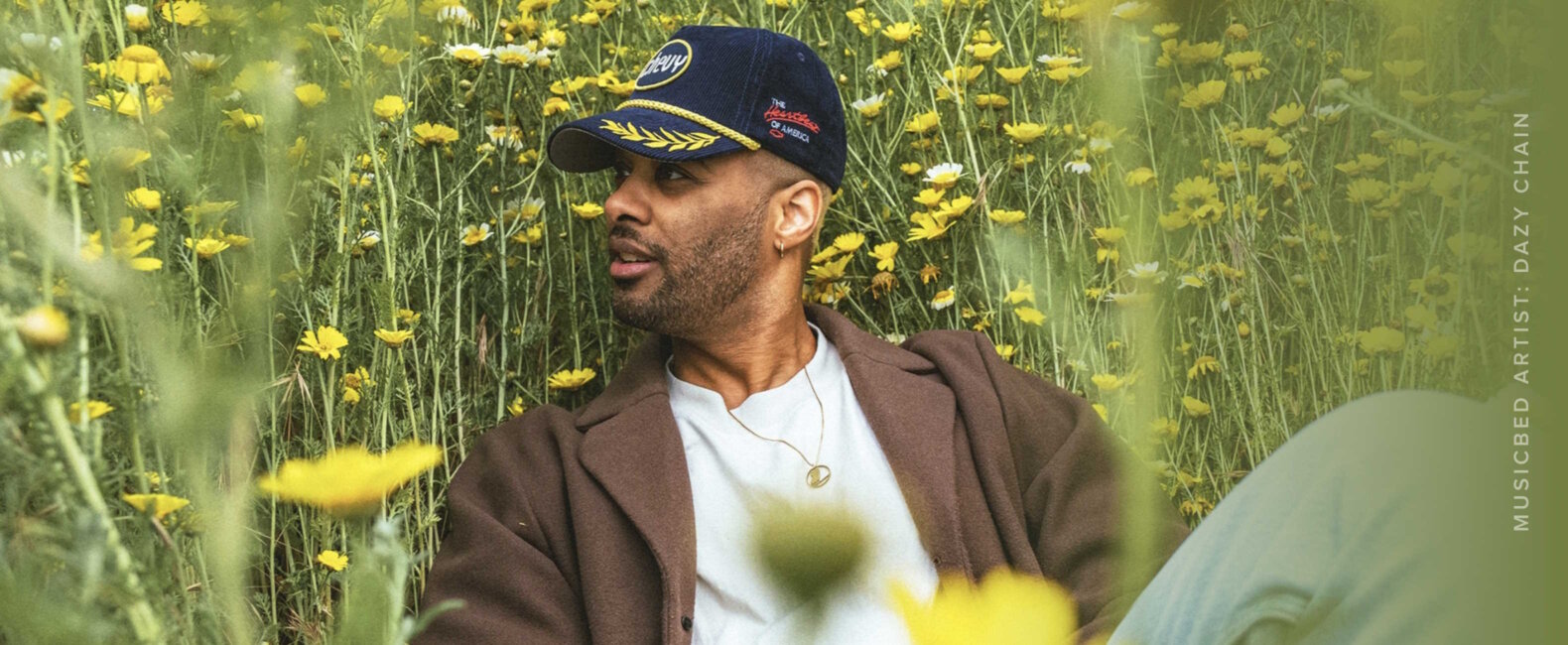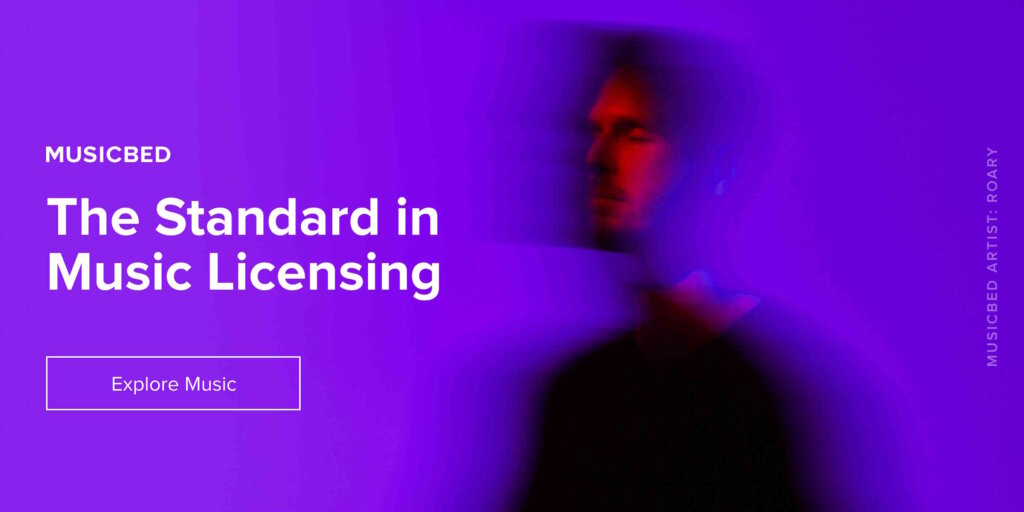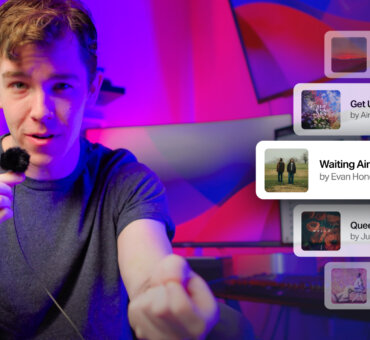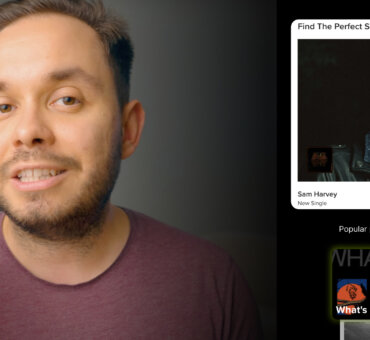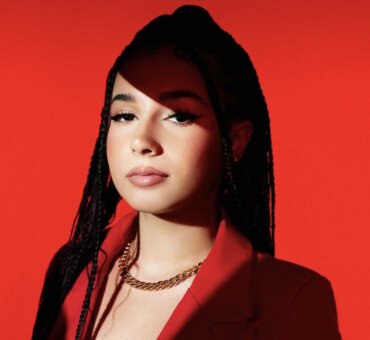Put simply, Performing Rights Organizations track and license performances and presentations of songs played in public spaces such as event venues, retail stores and many other locations. They collect royalties on behalf of songwriters and publishers. If the venue or location in question doesn’t have the rights to play the song in question, that can lead to legal issues.
Below, we’re taking a closer look at why PROs matter to both filmmakers and artists – what are they? How do they operate? And how do we as creatives benefit from PROs?
Understanding PROs
So here’s the definition. A Performing Rights Organization (PRO) is an entity that manages the licensing and royalty collection for the public performance of music on behalf of songwriters, composers, and music publishers. Its role in the music industry includes:
- Collecting Royalties: Gathering fees from entities that use music, such as radio stations, TV networks, live venues and streaming services.
- Distributing Royalties: Paying collected royalties to the music creators and rights holders.
- Protecting Rights: Ensuring that members’ musical works are not used without proper compensation.
- Simplifying Licensing: Handling the complex process of licensing music for public performance, making it easier for businesses to legally use music.
You can start to see why, as a filmmaker and artist, it’s important to understand what a PRO is and how it operates.
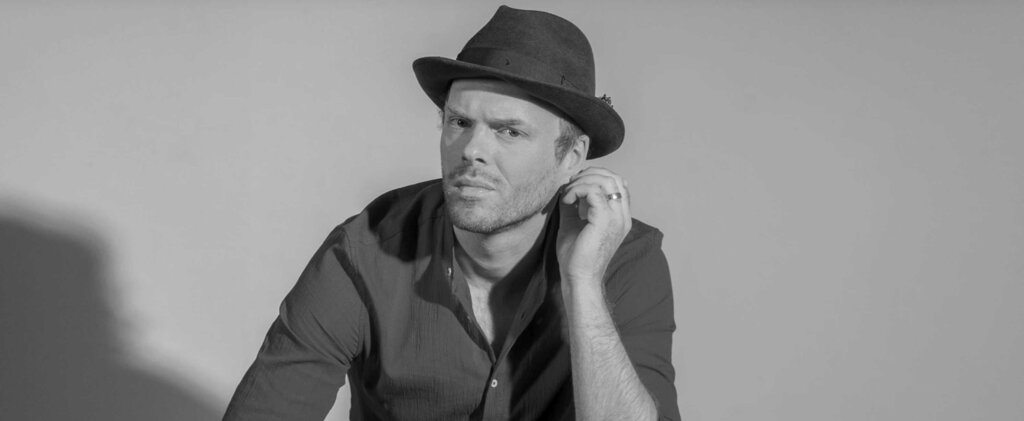
What does it mean when an artist is affiliated with a PRO?
Affiliation with a PRO means that an artist or songwriter registers with the organization to have their public performance rights managed. This is significant for artists because it ensures they get paid royalties when their music is performed publicly, it safeguards their rights and monitors usage that prevents unauthorized use and, most importantly of all, it’s efficient. Being affiliated with a PRO tends to simplify the licensing process, allowing artists to focus on creating, rather than managing legalities and payments.
As a filmmaker, why do PROs matter?
There are four ways in which PROs are important to anyone involved in filmmaking:
- Music Licensing. PROs ensure legal use of music in films, avoiding copyright infringement.
- Cost Management. It can help filmmakers budget for music rights, as PROs provide standardized licensing fees.
- Royalty Payments. Filmmakers can receive royalties if their own music is used, creating an additional revenue stream.
- Simplified Process. As mentioned above, PROs tend to streamline the process of obtaining music rights, saving time and effort in securing permissions.
How PROs operate
So, how does a PRO organization operate? While that differs slightly for each and every organization, there are five key steps to the PRO structure:
- Membership: Artists, songwriters, and publishers join the PRO.
- Licensing: PROs issue licenses to businesses, broadcasters, and venues to use music.
- Tracking: They monitor when and where music is played through various tracking technologies and reports.
- Royalty Collection: PROs collect fees from licensees based on music usage.
- Royalty Distribution: Collected royalties are distributed to the members whose music was used.
Where do PROs collect royalties from?
PROs will collect royalties from all kinds of public-facing companies and organizations. Here are ten of the most popular:
- Radio Stations: Both terrestrial and satellite radio.
- Television: Broadcast, cable, and streaming TV services.
- Streaming Services: Platforms like Spotify, Apple Music, and YouTube.
- Live Venues: Concerts, festivals, and public performances.
- Restaurants and Bars: Establishments playing music for customers.
- Retail Stores: Shops using background music.
- Movies: Theatrical releases and home video sales.
- Internet: Websites and social media platforms using music.
- Fitness Centers: Gyms and fitness classes using music.
- Airlines: In-flight entertainment systems.
How do PROs collect royalties?
There are a number of methods and ways in which a PRO Organization collects its dues and royalties:
- Licensing Agreements. The PRO will establish contracts with music users (for example, radio stations, streaming services, venues) requiring them to pay licensing fees.
- Usage Reporting. The PRO will require licensees to report how and when music is used, providing detailed playlists or logs.
- Monitoring Technology. The PRO will use digital tracking systems, watermarking and audio fingerprinting to monitor music usage on various platforms.
- Audits. The PRO may even conduct audits of businesses and broadcasters to ensure accurate reporting and payment.
- Negotiated Settlements. The PRO can also negotiate royalty rates and settlements with users who might have previously used music without proper licensing.
- Litigation. In the case of misuse, the PRO can pursue legal action if necessary to enforce licensing agreements and collect unpaid royalties.
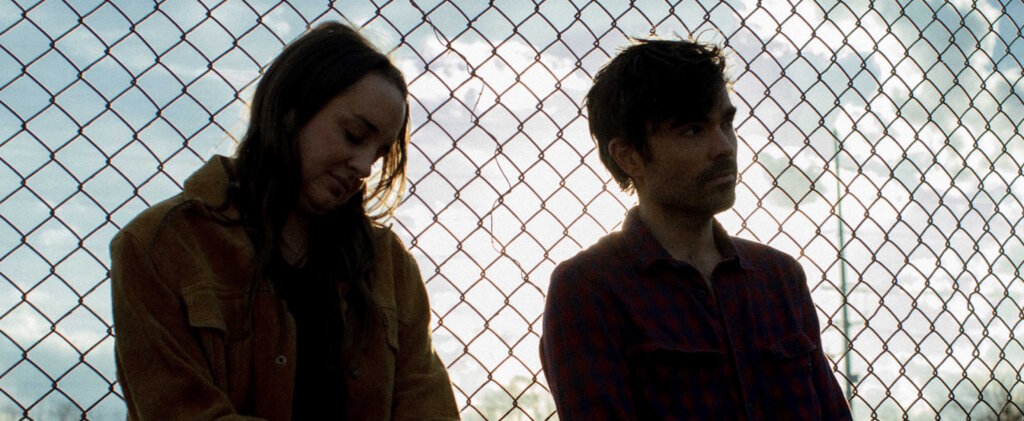
How does licensing work with PROs?
Most major PROs will have a number of different licensing agreements that allow PROs to cater to a variety of music usage scenarios, ensuring that music creators are fairly compensated while providing flexibility to music users. Here are some of the main types you’ll encounter:
Blanket License
- Description: Allows the licensee to use an entire catalog of music represented by the PRO.
- Typical Users: Radio stations, TV networks, streaming services, venues.
- Benefit: Simplifies licensing by covering all uses under one agreement.
Per-Program License
- Description: Licenses music for specific programs or events rather than for all content.
- Typical Users: TV shows, special events, talk shows.
- Benefit: More cost-effective for users who only need music for certain parts of their programming.
Sync License
- Description: Permits the use of music in synchronization with visual media, such as films, TV shows, commercials, and video games. This is what Musicbed does.
- Typical Users: Filmmakers, advertisers, video game developers.
- Benefit: Provides legal use of music for multimedia projects.
Public Performance License
- Description: Covers the performance of music in public venues, including concerts, restaurants, bars and clubs.
- Typical Users: Live venues, restaurants, bars, nightclubs.
- Benefit: Legalizes the public performance of music and ensures artists are paid.
Internet Streaming License
- Description: Specifically for streaming music online, covering various types of digital uses.
- Typical Users: Streaming platforms, online radio stations, websites.
- Benefit: Addresses the specific needs of online music distribution.
Jukebox License
- Description: Covers the use of music in jukeboxes.
- Typical Users: Bars, restaurants, entertainment venues with jukeboxes.
- Benefit: Ensures the legal use of music through jukeboxes and compensates artists.
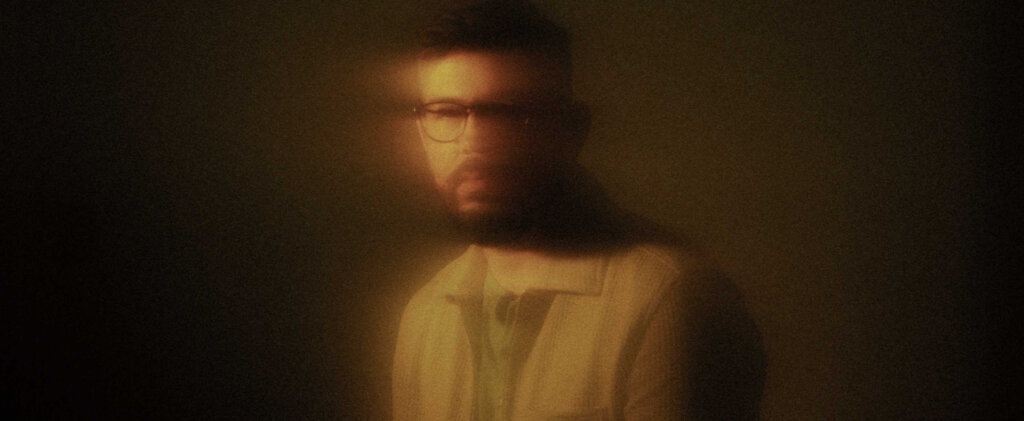
Do all artists join PROs?
Being affiliated with a PRO organization certainly seems like a good idea, and there’s a number of key reasons why many artists do join a PRO:
- Royalty Collection. PROs ensure artists receive royalties whenever their music is performed publicly.
- Protection of Rights. PROs safeguard artists’ intellectual property and monitor unauthorized use.
- Simplified Licensing. PROs handle the complex process of licensing music, saving artists time and effort.
- Global Reach. PROs often have international agreements, ensuring worldwide protection and revenue collection.
- Administrative Support. PROs provide administrative assistance, allowing artists to focus on their creative work.
Despite this, there are many artists who don’t join a PRO. Their reasons for this may include:
- Cost. Membership fees and administrative charges may deter some artists.
- Independence. While they won’t be able to collect the performance royalties on their own, some artists prefer to manage their own rights directly.
- Niche Market. Artists with a very specific or small audience might not see the benefit of broad PRO coverage.
- Alternative Platforms. Some artists use direct-to-fan platforms and other modern tools to manage royalties without a PRO.
- Control. Artists may want more control over how their music is licensed and used, which can sometimes be limited by PRO agreements.
Are PROs the same worldwide?
It’s important to note that while the core function of collecting and distributing royalties is similar, the number of PROs, their profit status, and the specific rights they manage can vary significantly by country. We’ve listed the key players and some differences below for the US, UK, Canada, Australia, France and Germany:
United States
- Major PROs: ASCAP, BMI, SESAC, and GMR.
- Characteristics: In the US, there are multiple competing PROs; artists can choose which once they’d like to join. SESAC and GMR are for-profit, while ASCAP and BMI are non-profit.
Canada
- Major PROs: SOCAN, CMRRA.
- Characteristics: SOCAN handles both performance and reproduction rights, while CMRRA focuses on the mechanical rights.
United Kingdom
- Major PROs: PRS for Music, PPL.
- Characteristics: Often working closely together, PRS for Music manages performance rights while PPL handles rights for performers and record companies.
France
- Major PROs: SACEM.
- Characteristics: SACEM handles both performance and mechanical rights. It’s the single, powerful entity in the market with no competitors.
Germany
- Major PROs: GEMA.
- Characteristics: Like France, Germany has one single entity in GEMA which manages performance and mechanical rights. GEMA is known throughout the industry for being very thorough and strict in their operations. There are examples where GEMA has visited major expos and checked on the availability of the appropriate music licenses directly at the events .
Australia
- Major PROs: APRA AMCOS.
- Characteristics: Much like the UK, Australia has two main PROs that operate in close connection. APRA manages performance rights, while AMCOS handles the mechanical rights.
Is Musicbed a PRO?
No. It’s important to note that Musicbed is a sync licensing company, not a full PRO. We license music to be synced with motion pictures.
99% of the time PRO fees are handled by platforms, networks or entities that our clients may use, but aren’t responsible for paying.
However there are instances where a client is responsible for those fees personally – typically when they are using their own platform to display the content. For example, if we’re dealing with a client who has an app where they release workout videos that aren’t hosted on Youtube or anywhere else. In this case, it’s the client’s proprietary application, and as such they are responsible for paying PRO fees because they are the network.
Summary
So, that’s everything you need to know about Performing Rights Organizations. From understanding what is a PRO to how it operates and why many artists are affiliated with them, you’re now better equipped as an artist and a filmmaker when it comes to protecting your work legally, as well as receiving royalties and payment for your creative output.















































































